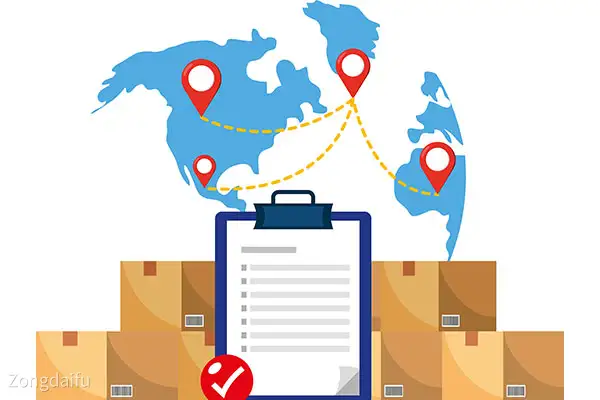Recently, several countries and regions around the world have made significant adjustments to their trade and export policies, including the easing of Japan’s arms export ban, the enabling of carbon labelling for fresh vegetables, India’s allowing for non-basmati rice exports to certain countries, and the extension of the EU’s allowance period for imports of some Russian steel products.
The decision will allow Japanese companies to export defence equipment licensed by foreign companies to third countries with the consent of the authorising state. This move aims to expand the scope of Japanese companies’ exports, but will still exclude countries that are undergoing armed attacks, such as Ukraine and Israel. In addition, Japan also plans to put a carbon-reduction label on fresh vegetable products in 2024, which is expected to start in April 2024, covering a range of vegetables including rice, tomatoes.
India has authorized non-Basmati rice exports to five countries, including the Comoros, Madagascar, Equatorial Guinea, Egypt and Kenya, as part of the easing of India’s ban on non-Basmati rice exports from July 20 to safeguard domestic rice prices and food security.
Meanwhile, the EU member states agreed to extend the allowance period for imports of certain types of steel to Russia for four years, until October 2028.This is the EUs policy adjustment to ban imports of Russian milling and semi-finished steel products from October 2022, aimed at balancing the economic needs of the member states and sanctions against Russia.
Policy adjustments in these countries and regions reflect the ongoing changes in the global trade environment and the ongoing efforts of countries to protect domestic markets and promote exports. For and individuals involved in international trade, understanding these changes is critical in order to better adapt to the new trade environment and seize new market opportunities.



 Follow customer service WeChat
Follow customer service WeChat